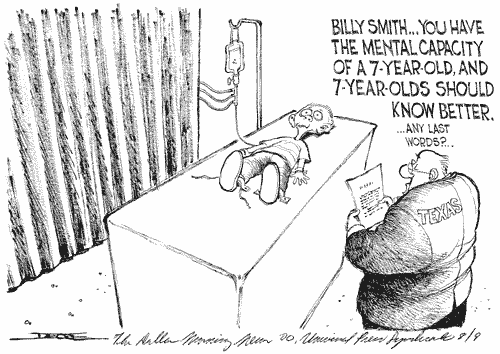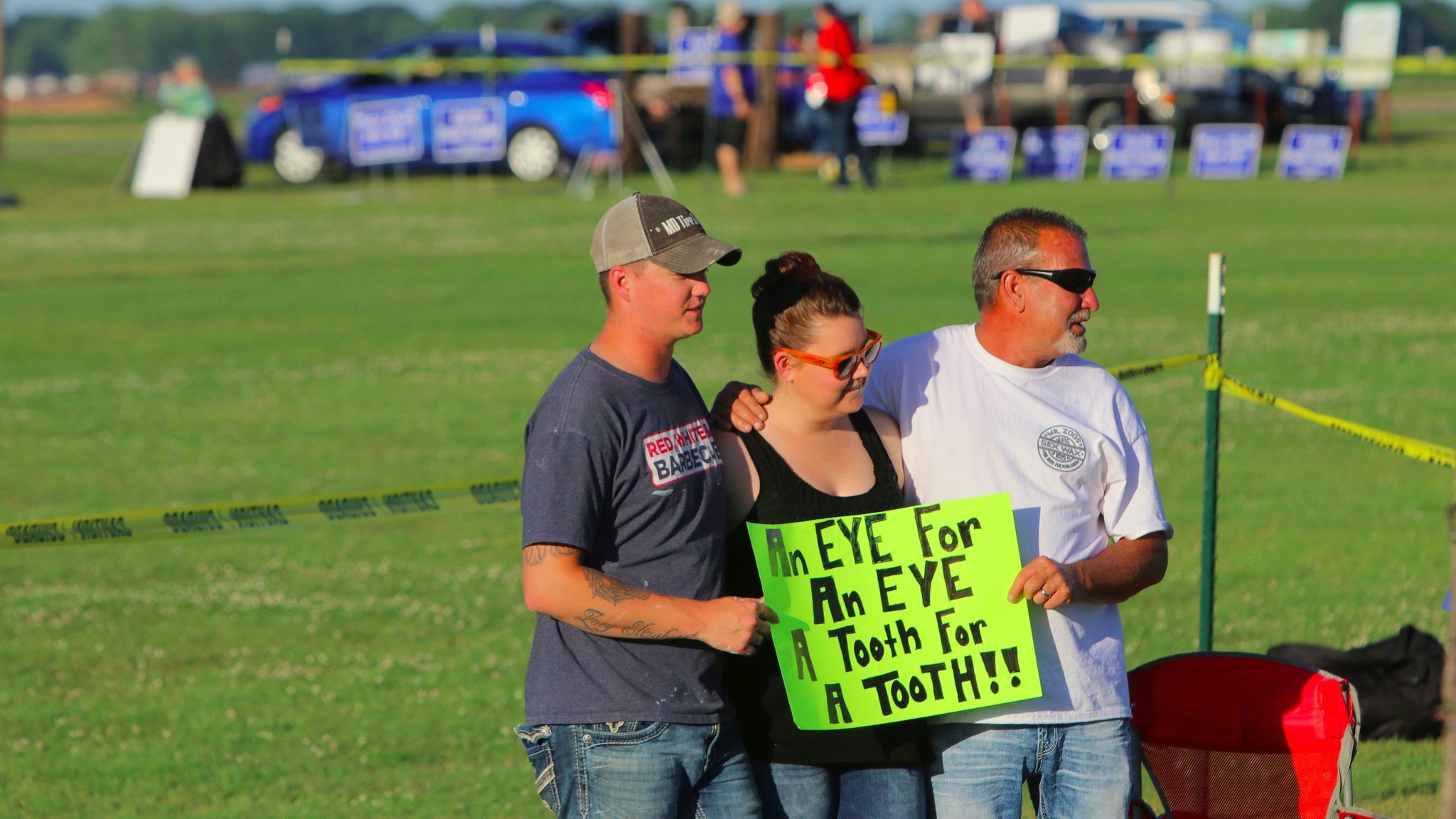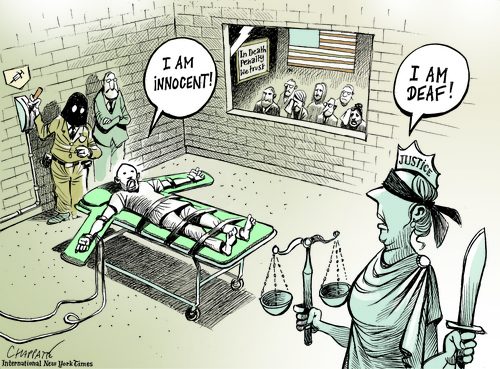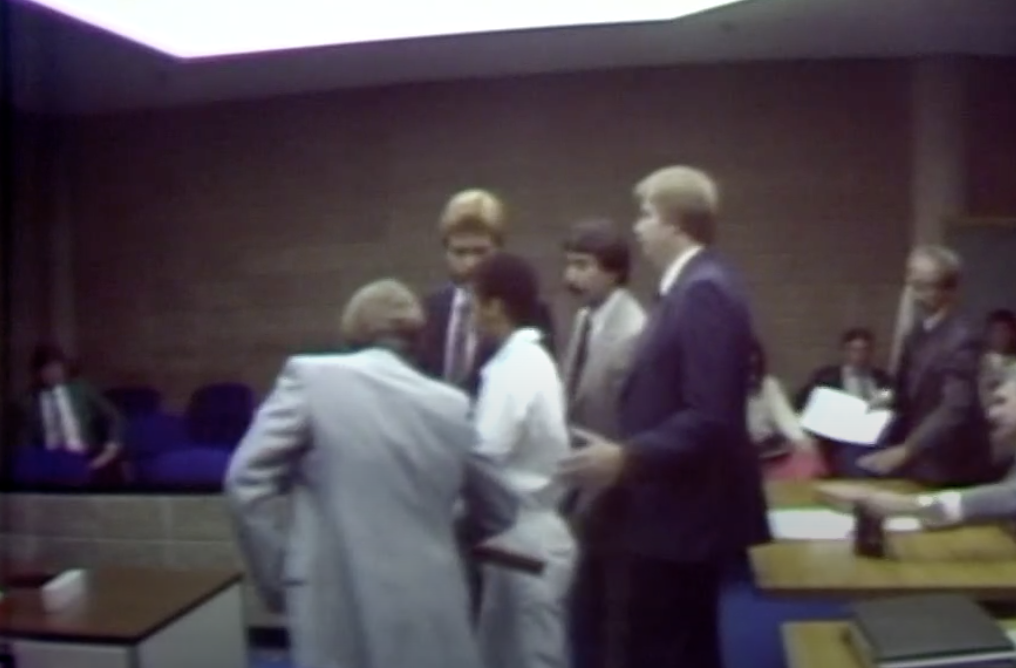JUSTICE SCALIA: DISSENTING OPINION
"That 12 States favor no executions says something about consensus against the death penalty, but nothing—absolutely nothing—about consensus that offenders under 18 deserve special immunity from such a penalty. In repealing the death penalty, those 12 States considered none of the factors that the Court puts forth as determinative of the issue before us today—lower culpability of the young, inherent recklessness, lack of capacity for considered judgment, etc."
- Roper V. Simmons, Dissenting Opinion, 2005
“'The history of the death penalty instructs that there is danger in inferring a settled societal consensus from statistics like those relied on in this case.'"
- Justice O'Connor, quoted by Justice Scalia, Roper v. Simmons, 2005
"To support its opinion that States should be prohibited from imposing the death penalty on anyone who committed murder before age 18, the Court looks to scientific and sociological studies, picking and choosing those that support its position. It never explains why those particular studies are methodologically sound; none was ever entered into evidence or tested in an adversarial proceeding."
- Roper v. Simmons, Dissenting Opinion, 2005
JUSTICE STEVENS: CONCURRING OPINION
"Perhaps even more important than our specific holding today is our reaffirmation of the basic principle that informs the Court’s interpretation of the Eighth Amendment. If the meaning of that Amendment had been frozen when it was originally drafted, it would impose no impediment to the execution of 7-year-old children today."
- Roper v. Simmons, Concurring Opinion, 2005
"In the best tradition of the common law, the pace of that evolution is a matter for continuing debate; but that our understanding of the Constitution does change from time to time has been settled since John Marshall breathed life into its text. If great lawyers of his day—Alexander Hamilton, for example—were sitting with us today, I would expect them to join Justice Kennedy’s opinion for the Court. In all events, I do so without hesitation."
- Roper v. Simmons, Concurring Opinion, 2005
"The differences between juvenile and adult offenders are too marked and well understood to risk allowing a youthful person to receive the death penalty despite insufficient culpability. An unacceptable likelihood exists that the brutality or cold-blooded nature of any particular crime would overpower mitigating arguments based on youth as a matter of course, even where the juvenile offender’s objective immaturity, vulnerability, and lack of true depravity should require a sentence less severe than death."
- Justice Stevens, Opinion of the Court, Roper v. Simmons, 2005








